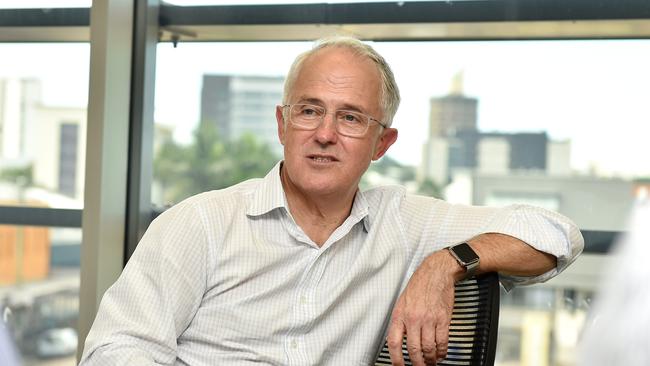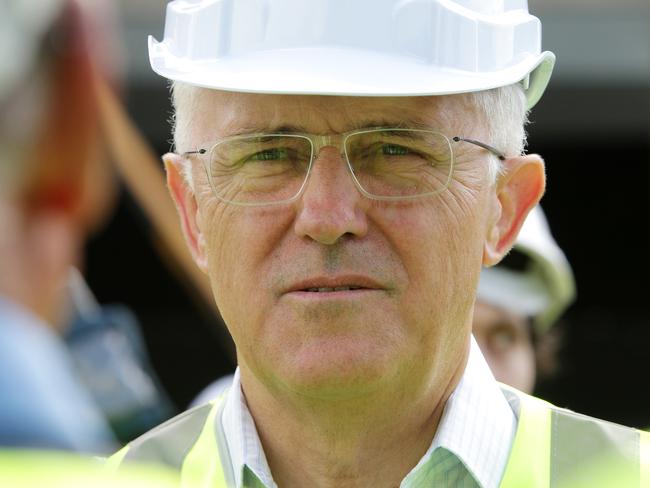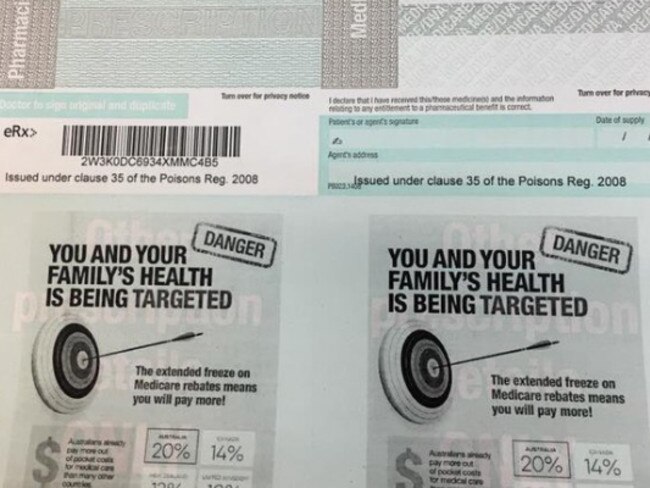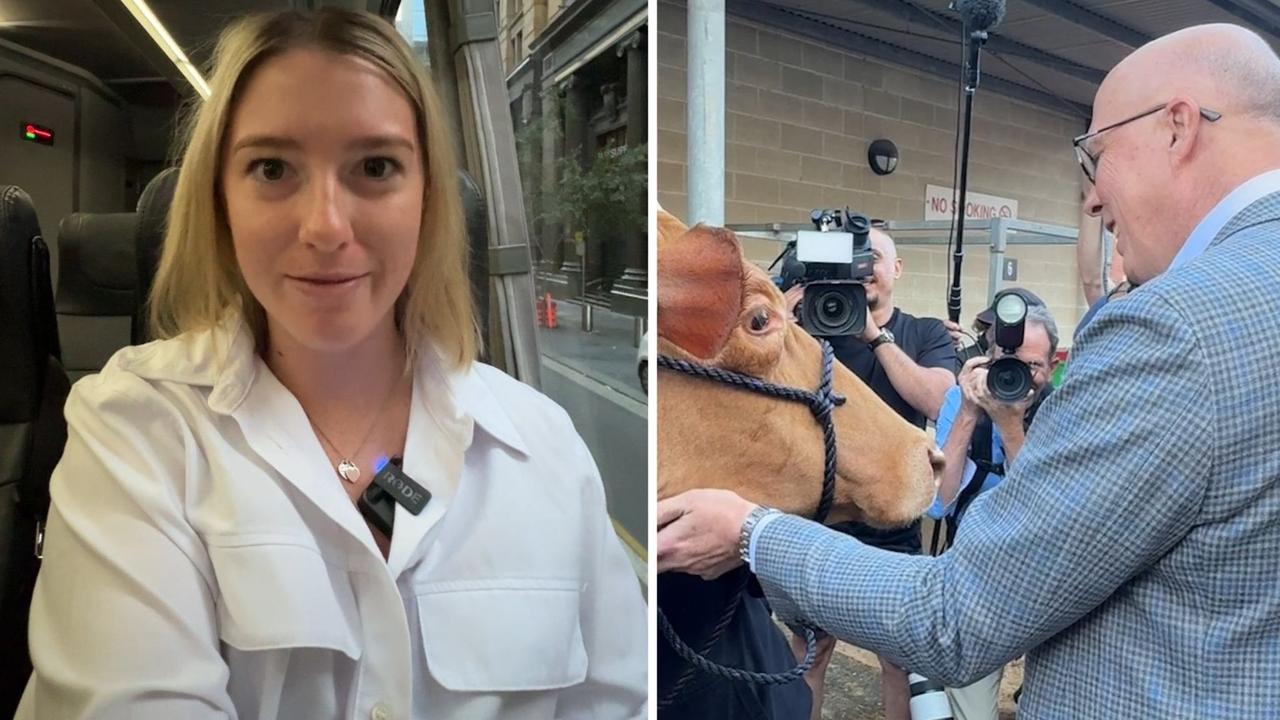How the cost of having a baby, getting your tonsils out and having a colonoscopy is about to rise
THE election is a referendum on Medicare says the AMA as it warns the gap fees for specialists will soar as a result of the government’s Medicare freeze.

Federal Election
Don't miss out on the headlines from Federal Election. Followed categories will be added to My News.
EXCLUSIVE
PATIENTS will have to pay up to $222 to see a specialist and the out of pocket cost of having a baby will rise to over $2700 as a result of the Turnbull government’s freeze on Medicare payments exclusive modelling shows.
And small pathology companies have contradicted Prime Minister Malcolm Turnbull’s claim bulk billing will continue for blood tests.
Catholic not-for-profit providers who operate around 320 pathology collection centres and conduct millions of tests a year, say budget cuts mean they will have to introduce fees of up to $50 for a blood test.
NOT HAPPY: GPs spread political message in Medicare rebate row

Mr Turnbull announced during last Friday’s debate with Bill Shorten he had struck a deal with pathology companies who would continue to bulk bill patients but smaller pathology companies say they are not part of the deal.
“The removal of the bulk billing incentive in our case will take another $3 million out of our bottom line for a business that is already loss making,” says St Vincents Health chief Toby Hall.
“We will be forced to look at some form of patient copayment. I think we’d have to look at between $20 and $50,” he said.
Royal Australian College of Pathologists president Michael Harrison confirmed yesterday Primary Health Care which provides 30 per cent of pathology services through over 2,000 collection centres was also not part of the Turnbull deal.
Business analysts have predicted the deal could slash the rents pathology companies pay GP practices from $70,000 to $12,000 a year.
The deal is expected to save pathology companies around $150 million a year but make it even more likely doctors who lose from the deal will stop bulk billing.
Fallout from this month’s budget is continuing to hit patients with sixty per cent of GPs revealing in a survey they will introduce a new charge of at least $15 to patients, as a result of the governments freeze on Medicare rebates.
Medical journal Australian Doctor surveyed 500 GPs after the budget and this week reports that “more than 60 per cent of the 510 GPs who took part in the survey said they expected to be charging non-concessional patients more than $15 out of pocket for a standard consult in the next 12 months”.
Even 57 per cent of bulk billing doctors said they would introduce out-of-pocket fees for non-concessional cardholders of $10 or more, the survey found.
News Corporation can reveal the freeze will also see the cost of seeing a specialist rise.
The Australian Medical Association sets recommended fees for all doctors and its modelling shows while the Medicare rebate remains frozen at 2013 levels specialist fees will rise by an average 2.7 per cent a year to cover costs of rising rents and wages.
Gap payments patients pay to see a specialist will rise every year and by 2019 when the freeze ends there will be a $222 gap between what a specialist charges for a standard visit and what Medicare rebates.

The patient will have to pay this entire amount from their own pocket.
The out of pocket cost of having a baby will rise to $2,740, a tonsillectomy will cost $534 out of pocket, a colonoscopy $70 and a gap payments for a psychiatrist attendance will be $235 by 2019.
Medicare figures show only around 30 per cent of specialists bulk bill their patients and this means seven in ten patients will feel the brunt of these increases.
Government data on gap fees shows the Medicare freeze is already hitting health fund members with an increasing percentage of services covered by health funds now leaving members with a gap payment.
When the government was elected in 2013, 89.6 per cent of services paid for by health funds had a gap payment by March 2016 this had fallen to 85.9 per cent.
Australian Medical Association president Professor Brian Owler says the situation will worsen as the freeze on Medicare rebates continues.
“The focus has been on GPs but what people forget is it affects the known gap schedule set by health funds which is frozen as well,” he says.
“When doctors refuse to take part in health fund no gap schemes that are based on Medicare rebates the rebate the health fund pays the patient falls “and patients have to pay a lot more out of pocket”, he says.
Originally published as How the cost of having a baby, getting your tonsils out and having a colonoscopy is about to rise



